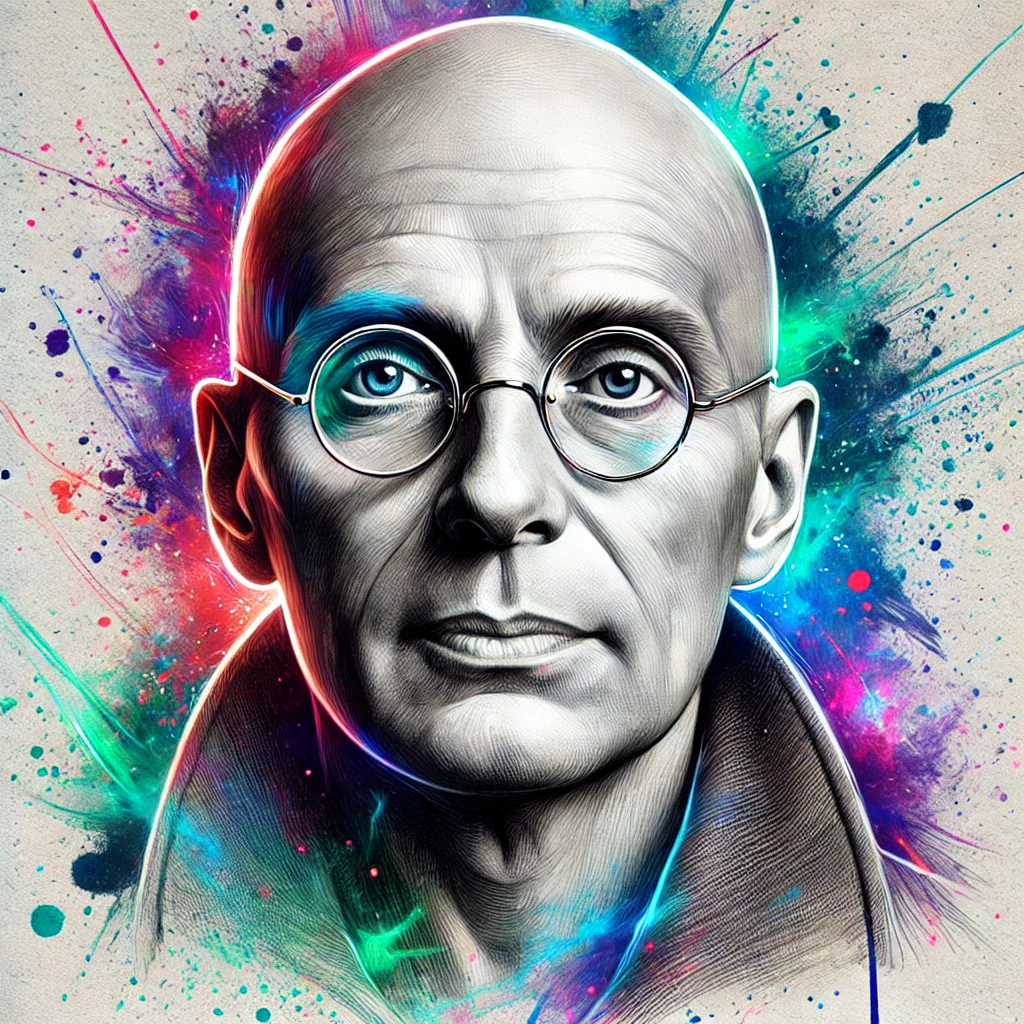Critical Theory and Frankfurt School: Although all the theorists discussed in this section provide a critique of contemporary society, the term critical theory is also associated specifically with the theorists of the Frankfurt School. The work of the older Frankfurt theorists only became well-known among English-speaking sociologists in the 1960s. However, Jurgen Habermas, the most important active theorist of the Frankfurt School, is becoming increasingly influential in both Europe and the United States.
The analyses of the Frankfurt theorists owe a great deal to Marx, and, like him, they emphasize the importance of conflicts of interests based on property relationships. However, they are by no means orthodox Marxists. They owe a major debt to Hegel, and they draw more on Marx’s early and more “Hegelian” work, such as his writings on alienation, than on his later, more economic analyses.101 In addition, they are very interested in uniting psychoanalysis and Marxism, an effort toward which orthodox Marxism (or Marxism-Leninism) is highly unsympathetic. These different influences are apparent in the aspects of their “critical theory” described later: their view of social science, their critique of mass culture and its place in the “administered society,” and Habermas’ recasting of Marx’s evolutionary theory, and emerging theory of “communicative action.”
The Frankfurt School is so called because of its association with a single institution, the Institute of Social Research at the University of Frankfurt in Germany. The Institute was founded in 1923 with funds from one of its members, Felix Weil, and his wealthy father; its most important members were Max Horkheimer (1895-1973), Theodor Adorno (1903-1969), Herbert Marcuse (1898-1979), and Erich Fromm (1900-1980). All of them came from comfortable, middle-class Jewish homes, and all had fled Germany for America by the mid-1930s because their political views made the continuation of the Institute impossible. Marcuse remained in the United States and worked for the American State Department until the Korean War, when he returned to academic life. He taught at Columbia, Harvard, Brandeis, and the University of California, San Diego. Fromm, who broke with the Institute soon after his arrival in America, practiced psychoanalysis in New York and became a founder and trustee of the William Alanson White Institute of Psychiatry, Psychoanalysis, and Psychology. In 1949, he moved to Mexico because of his wife’s health. There he started the Department of Psychoanalysis at the National Autonomous University of Mexico and founded and directed the Mexican Psychoanalytic Institute, while still commuting regularly to the United States and academic appointments in New York and Michigan.
Adorno and Horkheimer were persuaded by the city and the University of Frankfurt to return to Germany, where the Institute of Social Research was reestablished in 1949. During the postwar period, they became estranged from Marcuse. Horkheimer’s attitudes toward liberal capitalism changed; he came to regard it as a form of society to be protected against the encroachment of “totalitarian administration.” Marcuse regarded this position as a betrayal of the group’s beliefs.
Jurgen Habermas shares many concerns with the older Frankfurt theorists and, like them, draws very much on a German philosophical tradition. Habermas was born in 1929 in Gummersbach, near Dusseldorf, where his father was a pastor and head of the local Bureau of Industry and Trade. He studied philosophy at Gottingen and in 1956 became Assistant to Adorno in Frankfurt. In 1961, at an unusually young age for a German academic, he became professor of philosophy and sociology at Heidelberg, and in 1964 he was awarded the chair at Frankfurt and made co-director of the Philosophical Seminar. He left Frankfurt in 1971 to become director of Munich’s Max Planck Institute for the Study of Life in Technical and Scientific Society. He has since returned to Frankfurt.
Although the foremost members of the Frankfurt School were not themselves actively involved in politics, their work has been very influential among German student radicals. Furthermore, as we mentioned above, Marcuse was a writer of great importance to the American New Left of the 1960s. Consequently, the Frankfurt theorists remain highly controversial; in fact, they were accused by the minister, president of one West German state of being directly responsible for the 1960s wave of urban terrorism in Germany. Nevertheless, there was considerable disagreement between the German student radicals and the Frankfurt School theorists. Habermas, who first became generally known at this period, emphasized repeatedly his solidarity with the movement as a whole, but he also denounced the views of some of its extremist leaders as “left-fascism,” defended the importance of democratic institutions and the rule of law, and attacked the use of violence. Adorno had his classes broken up by students who considered him inadequately revolutionary. More recently, Habermas has been an active protagonist in the “historians’ dispute,” an argument over the origins of Nazism and the Second World War which has riven West German intellectual and cultural life.


